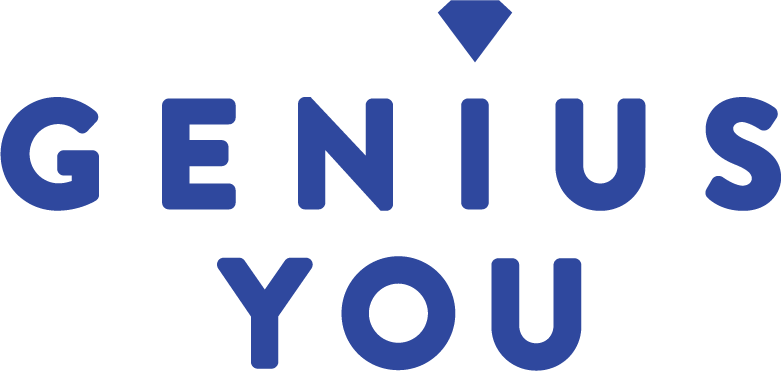Self-awareness
Self-awareness is a state of being. A way to exist that comes with many benefits.
The mind has different levels of awareness. Our subconscious mind is where all our rules and beliefs reside, influencing our default and programmed responses. Then we have consciousness, which is our self-awareness.
The more we can see and understand, the greater our self-awareness and the more we can operate from a place of choice and create the life we want to lead.
The key to self-awareness lies in our ability to observe our thoughts, behaviours and emotions. And then carefully tracking our responses, so we can use this knowledge to understand how we work. The more we hone this ability, the better we improve our awareness and ability to respond to the world around us in a positive and empowering way. And, we start to develop superhuman behavioural and emotional strength.
The benefits are immense.
Relationship to self
We learn to like ourselves more. We learn to cultivate the emotions we enjoy. We learn to trust and develop belief and how to build self-worth.Relationship with others
As our self-awareness and understanding grow, our relationships with others become more profound, more affirming and richer. We can also use the same process to understand why others work in the way they do. So instead of being challenging, they become a source of growth and joy.Self-improvement
With our evolving self-awareness, we achieve the things we desire; health, fitness, happiness, strengthened partnerships, and grow our relationships with family, friends and parents.
While every learning allows us to understand ourselves better, the best way to cultivate self-awareness is with tools that guide us and show us what stands in the way of our learning.
Self-awareness tools:
A framework that assists us to ‘see’ ourselves and enables us to put our learnings to use.
A set of principles – to understand; why we develop patterns, what our drivers are and how our beliefs, thoughts and behaviours work together and to learn how these impact our lives.
A guide – to provide clarity, support and direction.
Humour – to offer perspective and the ability to laugh at ourselves along the way.
A non-judgmental approach – never seeing things as right or wrong, or good or bad.
Learning the purpose and impact of emotions and discovering they are not all ‘created equal’. Recognising some emotions are manufactured to mask, some are core. Then learning how to work with these emotions in this context.
Pragmatism – planning the steps and activities to put your newfound self-awareness to work.
Trying to develop self-awareness without these tools doesn’t work. Without them, you’ll end up going down rabbit holes, going around in circles and hitting your head against a brick wall. In other words, you’ll become directionless and utterly frustrated.
These self-awareness tools can become your greatest ally. And the developmental framework can be likened to a personal trainer as you grow in self-awareness and realise your genius.

